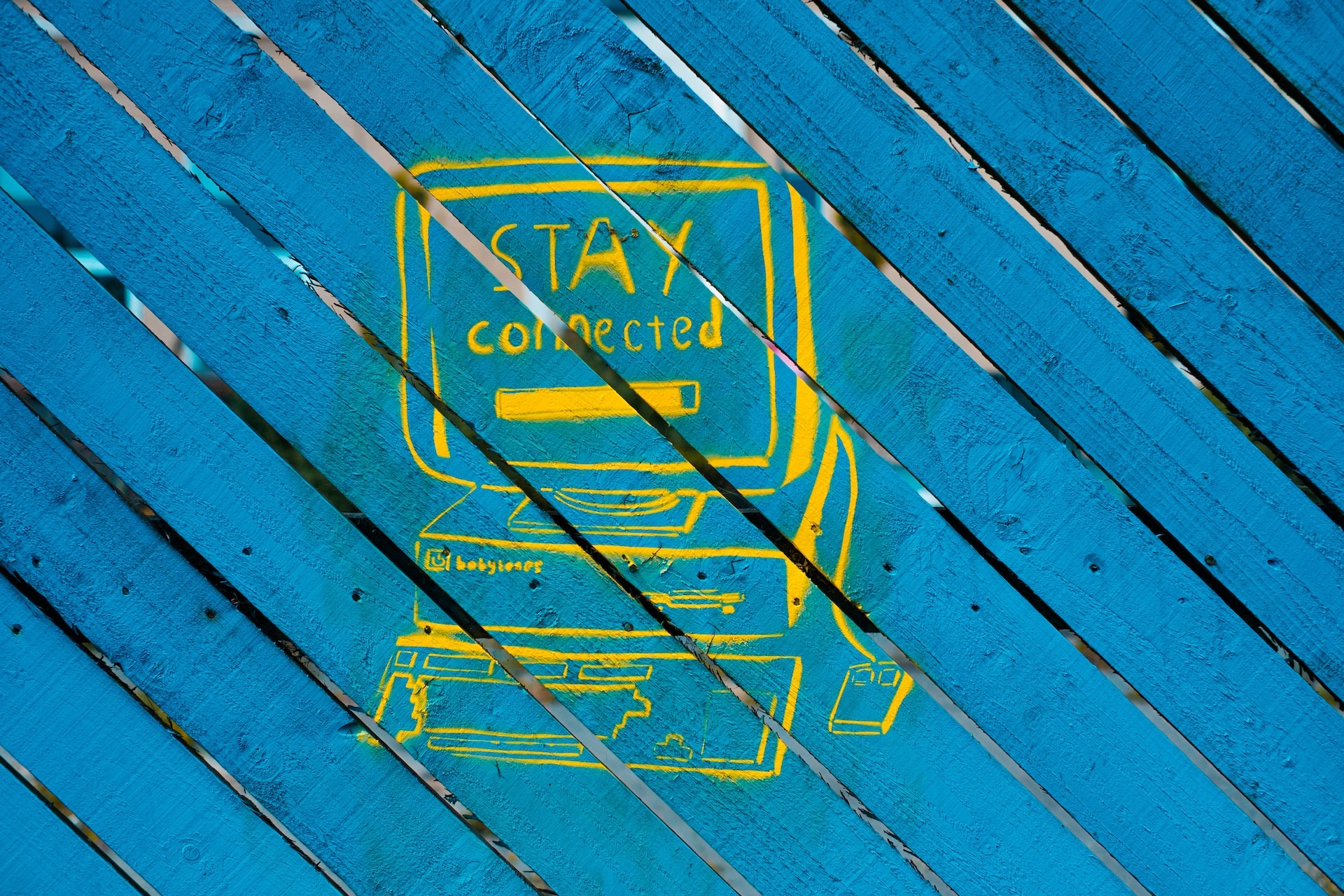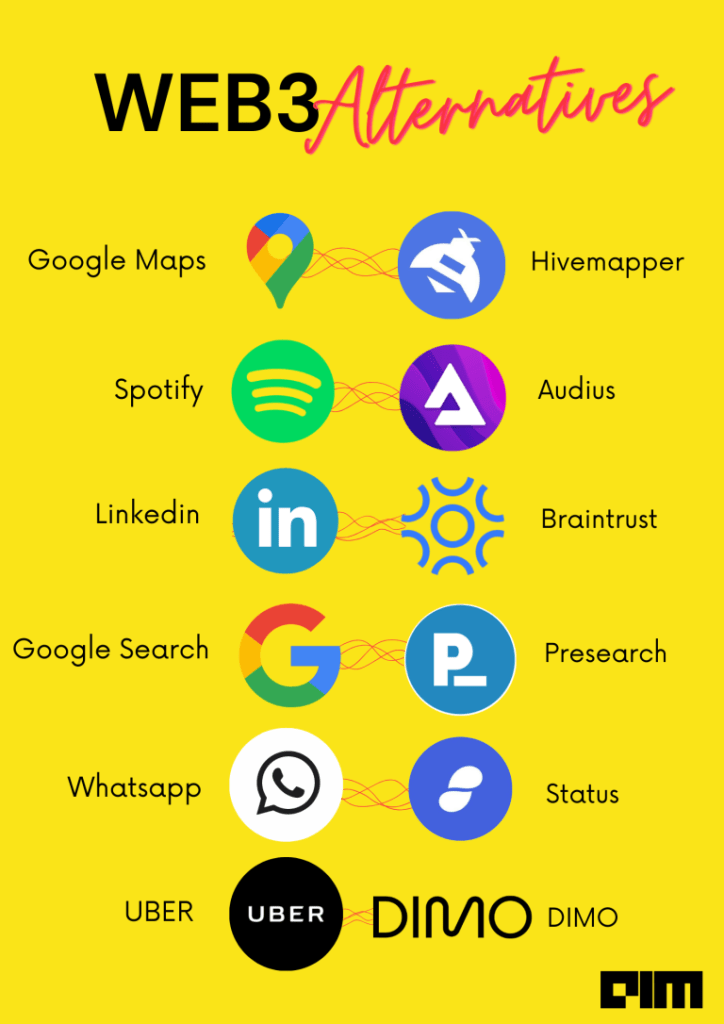A Decentralised Internet Fit for Purpose and Made for Everyone
It’s platforms and not users that are shaping to future of the internet, and it’s high time we empower the many.
We all love the internet, but if trends continue, the most common phrase to describe it would be; is it down for you or just me? Just this week Meta’s WhatsApp servers went down for 2 hours affecting thousands of users globally, unable to send or receive messages and effectively locked out of access. Cloudflare, an online hosting provider, also went offline, sending thousands of websites dark.
For a communication network, the outage is profound. Though both were swiftly resolved, the inconvenience is a spotlight on the emerging power dynamics of our current tech oligarchs and how it needs to be put back into the hands of users.
A party of four
Today we see a select grouping of companies, mostly centered around Google, Microsoft, and Meta, that house the entirety of our digital lives via their platforms, apps, and data centres. Vast amounts of user activity is funnelled through to their privately held networks allowing the mass centralisation of activity to be held, analysed, and shared with advertisers. The reliance on these large platforms means a data breach, no matter how minor, is substantial and can affect millions. Exposing private data in a digitally interconnected world leaves users open to identity theft and personal loss.
In a decentralised ecosystem the issues of network intermittency are nonexistent and data security is much clearer. Instead of a single point of access to services that we have in our traditional internet, a decentralised network will have users spread across many access points which eliminates a single point of failure for the network. If a node or access point is compromised, either physically or from a breach, then others can reach to fill the gap that has been left behind. From a user perspective the difference is imperceptible but the balance of power is now very much in their favour for security and network availability.
Breaking down these centralised private databases means it will become more difficult for companies to pry into our online habits and also become off limits to third party users.
Experiences for a new era
Tim Berners-Lee’s “read-only” vision of the internet has now long evolved into a 5 billion user strong economy, across all nations and has blurred the lines of the “real” world and digital. The blending of the two now requires a rethink to how we reimagine this landscape to harness the desires of all stakeholders.
With the advent of Web3 technologies and practices, a user-based peer-to-peer network can empower users with their data but also include services that were previously not possible. In this vision new financial services can be baked into the users browser experience and will enable a new growth in ecommerce. In developing nations these features will allow the formerly “unbanked” population gain a foothold and ease their entry to credit access, money transfers, and much more.
To new horizons
On our current path, we will all live within the boundary lines of overly-powerful tech giants, seeking to monetise our online actions. Offering this change is Web3, delivering on privacy, dignity, and resilience in a world that sees users having less choice than ever.


